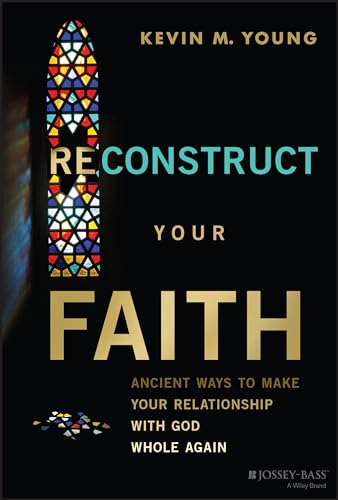What do you think?
Rate this book


240 pages, Hardcover
Published July 3, 2024
Rather than find our commonalities and places of agreement, many Evangelicals now see, to set the boundaries of faith so small as to condemn everyone but those in their particular view . . . and sometimes they aren't so certain of the people in their own pew.